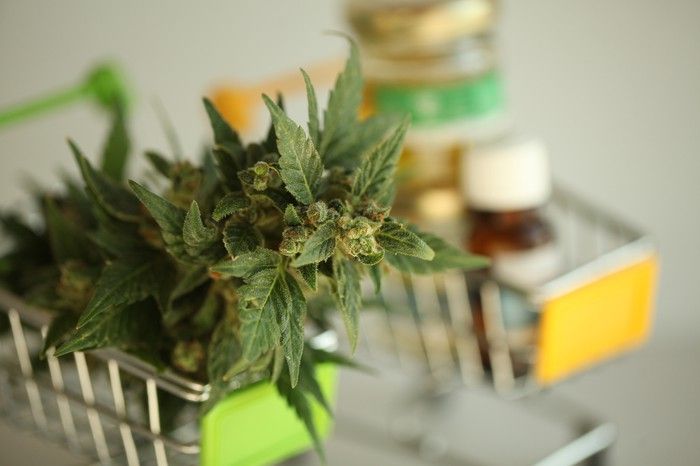When diving into the world of cannabis, newcomers often encounter a variety of compounds, each with distinct effects and legal statuses. Among these, Delta-8 THC and Delta-9 THC are two cannabinoids that are frequently compared, but they have some notable differences. Delta-9 THC is the most well-known and predominant psychoactive compound in cannabis, responsible for the classic high associated with marijuana. It interacts with the CB1 receptors in the brain, leading to effects such as euphoria, increased appetite, altered sensory perception, and sometimes anxiety or paranoia in higher doses. This cannabinoid is commonly found in both medical and recreational cannabis products, and its effects are well-documented and widely recognized. Delta-8 THC, on the other hand, is a lesser-known cannabinoid that has been gaining attention for its unique properties. It is chemically similar to Delta-9 THC but differs slightly in its molecular structure, which results in a different interaction with the body’s endocannabinoid system.

Delta-8 THC is thought to produce a milder psychoactive effect compared to Delta-9 THC, often described as more clear-headed and less anxious. Users of Delta-8 THC report a smoother, more manageable high that can still provide therapeutic benefits, such as pain relief, nausea reduction, and appetite stimulation, but with fewer of the intense side effects sometimes associated with Delta-9 THC. One of the key differences between these cannabinoids is their legal status. Delta-9 THC is federally illegal in many places, though it is permitted in certain states for medical or recreational use. Delta-8 THC, however, occupies a more ambiguous legal space. It is often derived from hemp and can be legally sold in many areas where Delta-9 THC is not permitted. However, the legality of Delta-8 THC can vary by state and is subject to ongoing legislative changes. Therefore, it is crucial for consumers to stay informed about their local regulations before purchasing or using products containing Delta-8 THC.
In terms of safety, both cannabinoids appear to have relatively low toxicity profiles, but individual reactions can vary. Delta-8 THC, being less potent, may be a more approachable option for those who are sensitive to the effects of Delta-9 THC or who are new to cannabis use. However, due to its newer emergence on the market, there is less research available on Delta-8 THC, so users should proceed with caution and consult with healthcare professionals if they have any underlying health conditions or are taking other medications. Ultimately, the choice between delta 8 vs thc gummies comes down to personal preference and desired effects. Delta-9 THC is well-established and widely studied, making it a reliable choice for those seeking the full spectrum of cannabis effects. Delta-8 THC offers a gentler alternative for those who may be apprehensive about the stronger psychoactive effects of Delta-9 THC. As always, starting with low doses and observing how each cannabinoid affects you is advisable to ensure a safe and enjoyable experience.